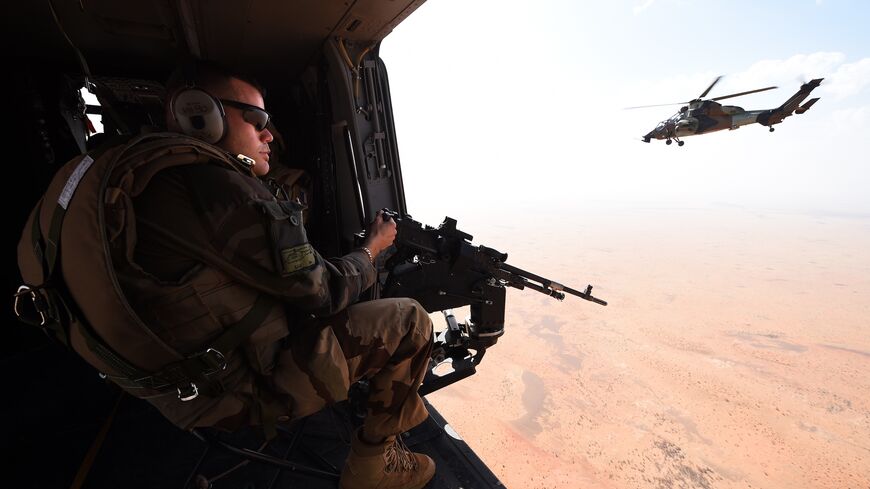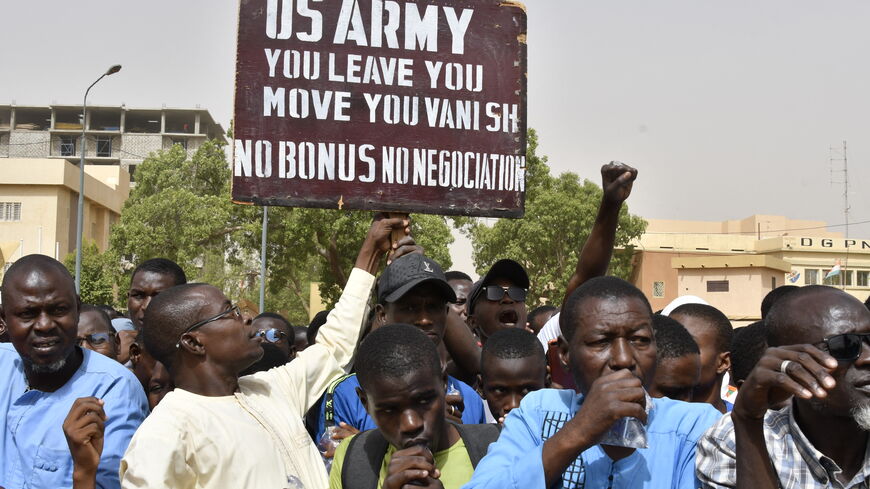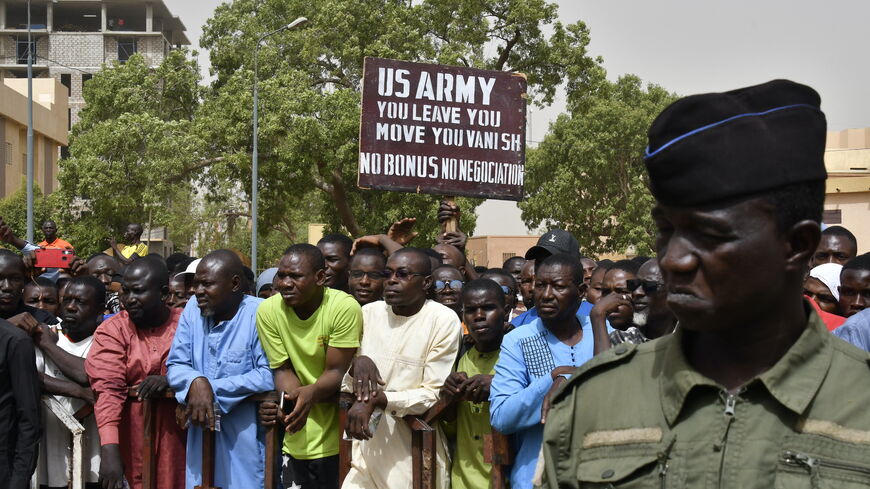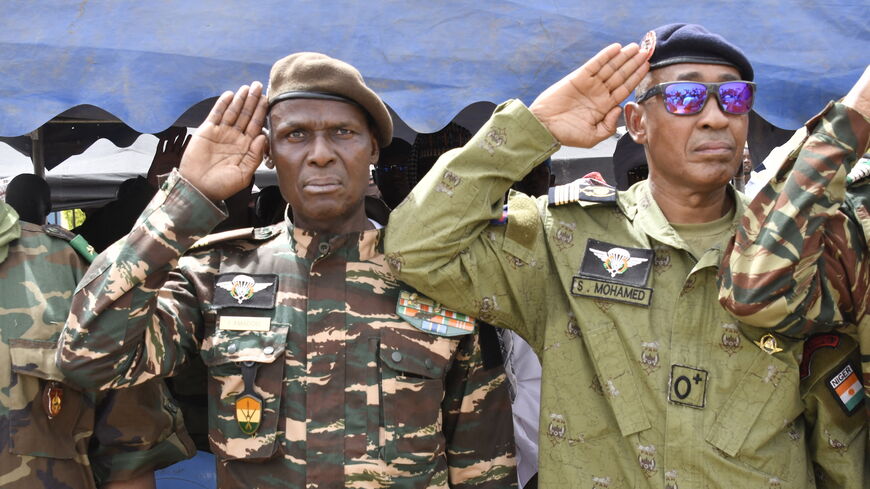US seeks new military basing in West Africa amid withdrawal from Niger
US troops are "on pace" to leave Niger by Sept. 15 deadline, according to the Pentagon's top commander of forces in Africa.

WASHINGTON — The Biden administration is seeking new bases that US troops may use in West Africa as American special operations forces withdraw from a key drone base in Niger ahead of a Sept. 15 deadline previously agreed upon by the two governments.
Washington's top-ranking general, Chairman of the Joint Chiefs of Staff Gen. CQ Brown, landed in Botswana on Monday to attend a conference with African defense chiefs as the Biden administration seeks to shore up the US military's waning foothold in the Sahel region.
American troops are moving heavy equipment out of Air Base 101 in Niamey and are expected to depart the site in the coming weeks, the commander of all American forces in Africa, USMC Gen. Michael Langley, told reporters on Monday. Special operations forces will then depart Air Base 201 in Agadez, in the country's rural interior, by the September deadline, according to Langley.
"I'd say that we're right on pace, or if not ahead of the pace," the general told reporters.
Air Base 201 serves as the main hub of US aerial intelligence collection and counterterrorism operations in West Africa. The arid sub-Saharan region faces rapid encroachment by violent Islamist jihadist groups and has experienced a series of military coups toppling governments backed by the United States across the continent in recent years.
Russian forces have also moved into the region from elsewhere on the continent, coming from as far north as Libya and as far south as the Central African Republic, Langley told reporters from Botswana's capital, Gaborone, on Monday.
"They're trying to match what we do so well," Langley said, adding, "We do very well across our partnering with African countries [via] our security force assistance brigades, [US National Guard] state partnership programs and our exercises."
The US withdrawal from Niger comes as the latest in a series of setbacks for Washington's military strategy in Africa. In April, government officials in Chad requested US special operations advisers leave the country — a decision that the Pentagon downplayed as a temporary move before the country's presidential elections in May.
Langley on Monday confirmed that the US currently has "a few troops" in Chad in support of the Multinational Joint Task Force, which seeks to combat the Boko Haram insurgent group.
The presence of both Langley and Brown at the annual African defense chiefs' conference signaled Washington's intensifying interest in securing its foothold in the region as both Russia and China seek to expand their access to key resources and military sites. As chairman of the Joint Chiefs of Staff, Brown lies outside the US chain of command but serves as President Joe Biden's top military adviser.
Pentagon officials continue to try to find an alternative drone base in West Africa after the planned withdrawal from Air Base 201. Reuters reported on Monday that the Biden administration has so far held initial discussions with officials in Benin, Ivory Coast and Ghana.
Other forces
Russian forces previously under the defunct Wagner paramilitary group, but now rebranded as the "Africa Corps" and overseen by Russia's Defense Ministry, have security arrangements with governments in at least five African countries.
China, which maintains its only overseas military base in Djibouti, is "actively seeking and engaging with a number of other countries on the periphery of coastal West Africa, both in the East and the West," Langley said Monday.
After seizing power in a coup in July 2023, Niger's ruling junta announced in March that it would cut ties with the US military, obliging them to leave the country following tense discussions with US officials led by the State Department's director for Africa, Molly Phee.
Meanwhile, Russian forces have moved into Niger, with some taking up residence at a separate hangar several hundred meters from US troops at Air Base 201.
Moscow signed a defense partnership agreement with junta leaders in Niamey in January, though the specific terms of the deal have not been made public. Russian media reported in April that military trainers had arrived in Niger to bolster the country's air defenses — a development that could limit valuable US military overflight access over the country.
In March, AFRICOM chief Langley told Senate lawmakers that a number of countries in Africa were "at the tipping point of being captured by the Russian Federation" in terms of military access and basing. Langley and his predecessor, retired Gen. Stephen Townsend, have warned US lawmakers that Russia's inroads in North Africa and the Sahel pose risks to the US military's freedom of access to NATO's southern flank.
The French military departed Mali in 2023 and consolidated in neighboring Chad following demands by military rulers in Bamako, who seized power in a 2021 coup and then invited in Russian paramilitary forces.
Pentagon officials have said roughly 1,100 US troops and personnel were dispersed between the two key air bases in Niger before the drawdown began in recent weeks. In April, US and Nigerien officials agreed on mid-September as the deadline for the American troop withdrawal.







